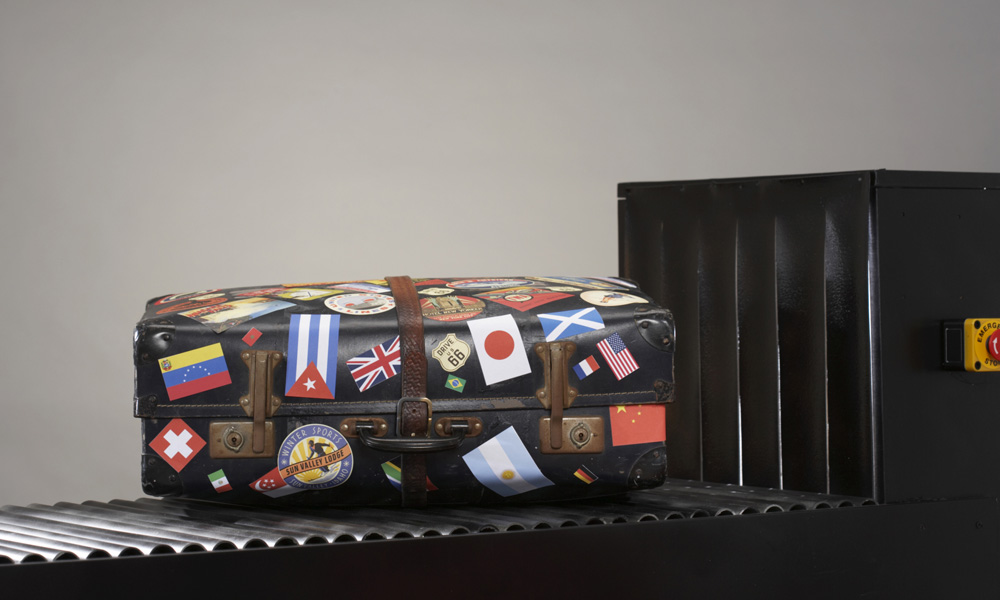
Lunchtime Links: The Travel Industry Ponders the Future
A top association exec sheds light on what's to come for the travel industry. Plus: Why Facebook is actively pushing Android devices on its employees.
The travel industry has gone through a critical change in the past decade with a lag in international travelers, increased (and controversial) security measures, and an influx of groan-inducing fees that travelers have to endure. But despite the challenges, the travel industry remains important.
But what do you do in an industry that’s constantly changing, for better or worse? How do you remain relevant?
The challenge we have, whether it’s Democrat or Republican, is getting elected officials to understand that this industry is serious business.
That and more in today’s Lunchtime Links:
Taking Flight: How has the travel industry morphed in the wake of September 11 and the dwindling economy? The Boston Globe asked the CEO of the U.S. Travel Association, Roger Dow, for his take on the importance of the travel industry (“The challenge we have, whether it’s Democrat or Republican, is getting elected officials to understand that this industry is serious business,” he explains), its impact on job creation and national security, and how he feels about charging fees for more legroom and checked bags. Some highlights: The travel industry employs 1 in 8 Americans and is more than two times bigger than the entire auto industry.
Droid Does? It might be time to put away that iPhone, at least if you work at Facebook. In a concept known as “droidfooding” (the term comes from a play on “dogfooding” or pushing or testing a product as the company tries to push it onto the consumer market), Facebook employees are literally being surrounded by the green robot logo at their headquarters, an effort to convince employees to move away from the iPhone, where the company has previously focused its energy in the mobile market. So does this mean that Facebook itself is getting Droid-friendly? Only time will tell.
Association city: What can the fall of Circuit City teach associations executives? According to TheDemandPerspective: Plenty. Seeing the warning signs that Circuit City may have missed, such as vulnerability and the need for continual evolution, can make all the difference in keeping an association surviving amid economic uncertainty. The post is the first in a series that chronicles the bankruptcy of the once-powerful technology store and offers lessons for associations of all sizes.
In the loop: One social service aims to change conference attendance with what seems like a simple solution: Using your LinkedIn page. United Kingdom-based Lanyrd, which launched in early 2011, previously used your social footprint to recommend events you might like to attend. The tech startup has upped the ante by allowing users to sign in with their LinkedIn accounts for the same purpose, which will narrow the field and deliver highly relevant conference ideas. (As we pointed out earlier this month, LinkedIn offered a similar service, LinkedIn Events, which they’ve chosen to shut down, to much frustration among meeting planners. Lanyrd appears to be trying to take advantage of this with this latest move.) The service already has traction: more than 25,000 events in over 100 countries have signed up via Twitter, and the added integration of the business-focused service might give it a stronger appeal for associations. Will you use the service?
Seen anything great online today? Let us know in the comments.
(Martin Poole/Stockbyte/Thinkstock)






Comments